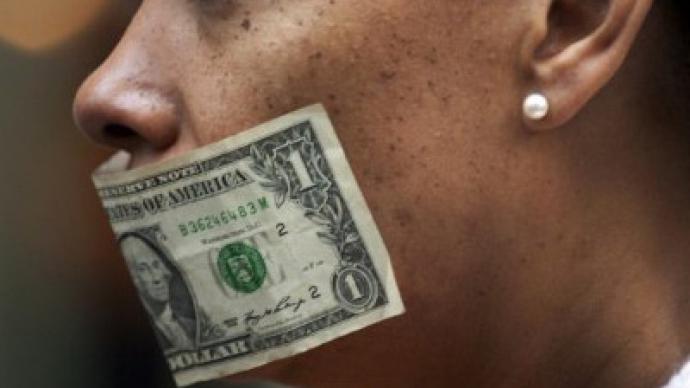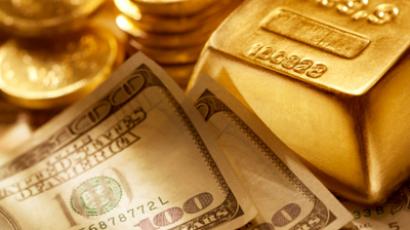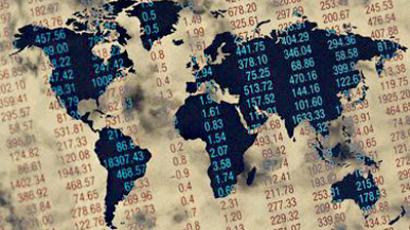The top 0.1 percent earns half of American capital gains

Maybe “one-tenth of a percent” doesn’t have the same ring to it or else protesters have only now uncovered the truth? Regardless, a newly published analysis reveals that those at the top of the 1 percent have used dirty tricks to get them there.
In an article posted over the weekend to the website of Forbes, its revealed that the richest-of-the-rich in America — the 315,000 or 0.1 percent of the country — has managed to make a pretty penny off of a shriveling capital gains tax which they have used to line their wallets while forgoing any scrutiny from Uncle Sam.That small sample of the 315 million or so Americans can thank profits made through capital gains for being placed into that exclusive bracket. They’re responsible for around half of all capital gains on the sale of shares or property after one year, reports Forbes, and those same deals have created 60 percent of the income for those on the Forbes 400.Currently the nation’s tax on capital gains is only at 15 percent, fraction of what it was decades earlier. In 1978, millionaires had to fork over 35 percent of the income they made through capital gains while the country was also in dire economic standing. With a recession on hand 30-plus years later, however, the wealthiest of Americans have to hand over less than half of that to the government. What they do have to claim is often only a fraction of what they should, as a report today in Bloomberg adds to the analysis by revealing that stock transactions that aren’t actually classified as “sells” keep billionaires from keeping otherwise-taxable income away from the IRS. “The 800-pound gorilla is unrealized appreciation,” economics professor Edward J. McCaffery tells Bloomberg. Davis S Miller, formerly of the New York State Bar Associate, agrees. To the news outlet Miller adds, “The problem is not that people like Warren Buffett pay tax at a 17 percent rate, it’s that they can use complex transactions not available to most Americans to get cash from their appreciated stock without paying any taxes at all.”While the very tip of the economic iceberg benefits from the capital gains profits, the top 5 percent of the country, a slightly larger figure, is responsible for 80 percent of that income during the last 20 years, reports the Washington Post. As the richest of the rich are making most of their money off mis-taxed transactions, a flat tax solution might not be what it takes to revamp the country’s economic situation. As Forbes suggests, an even tax across the board isn’t going to do everything to fix the game when billionaires are making the most bucks from capital gains. It is there, rather, that the government must set their sights if they’d like to see the inequality gap with America finally become reasonable.














